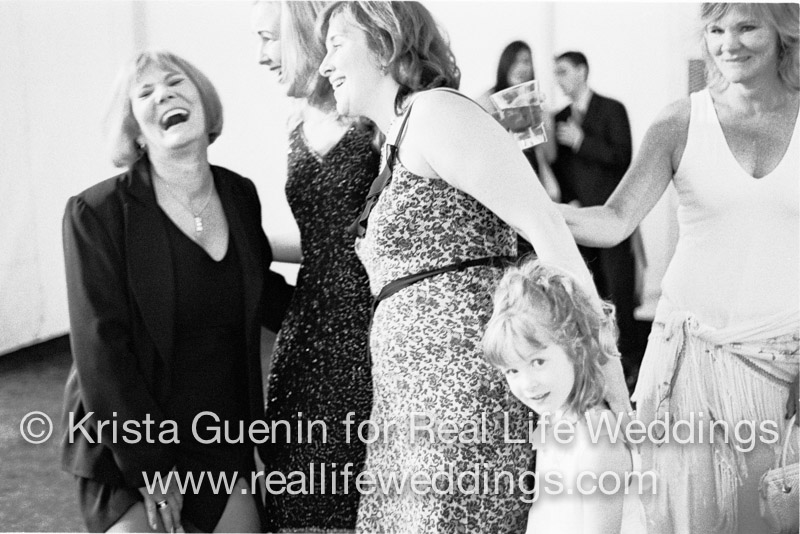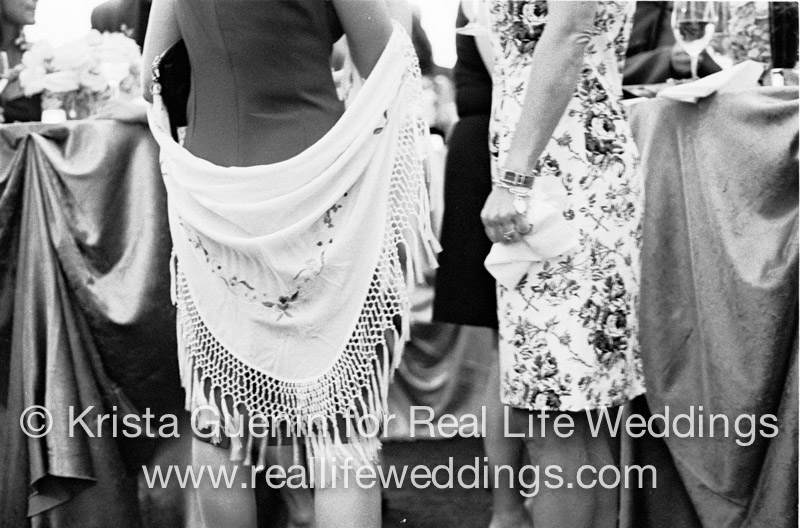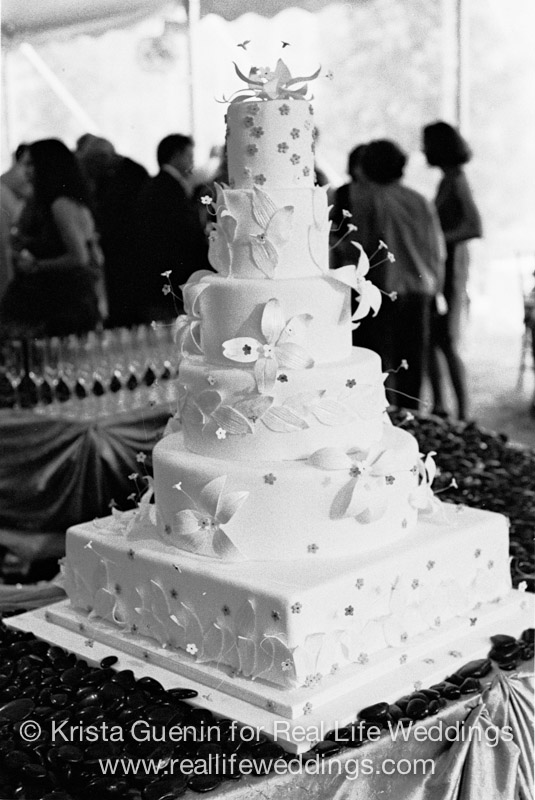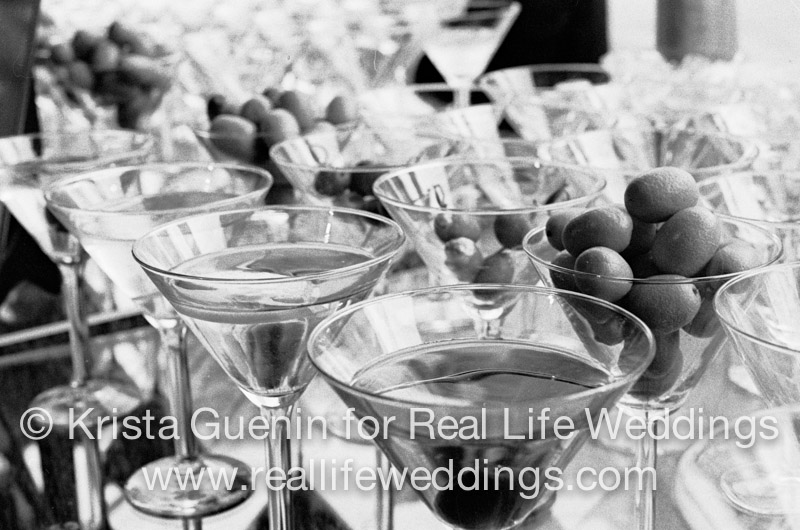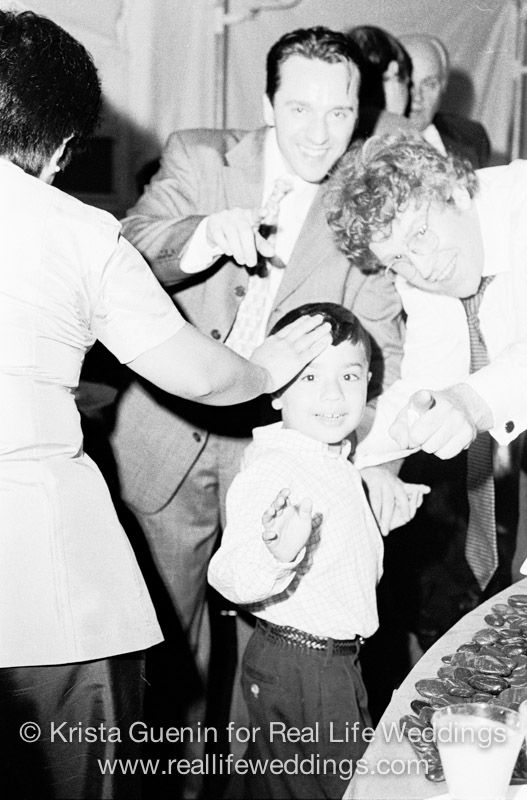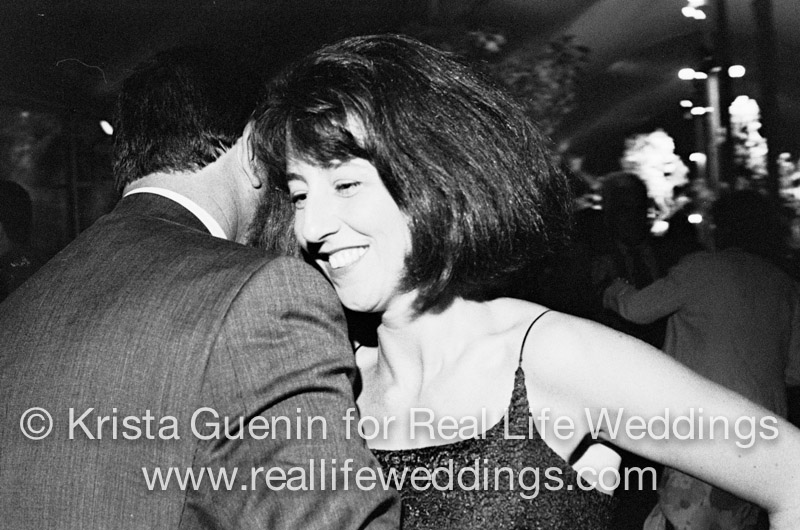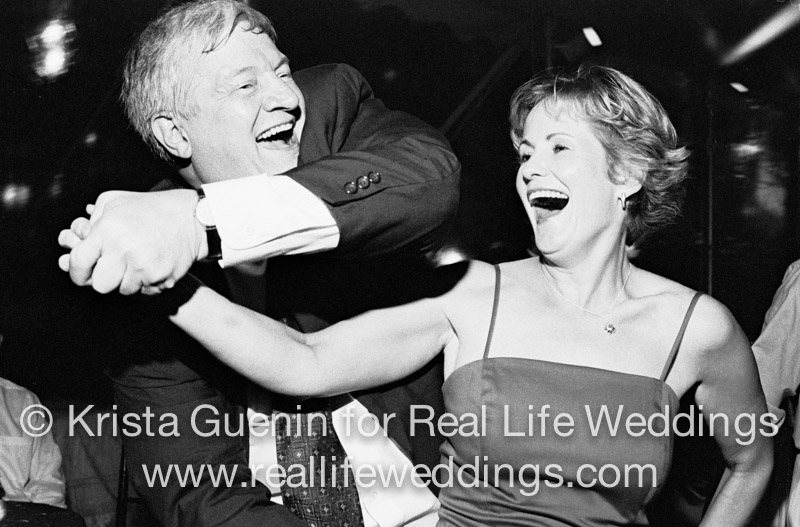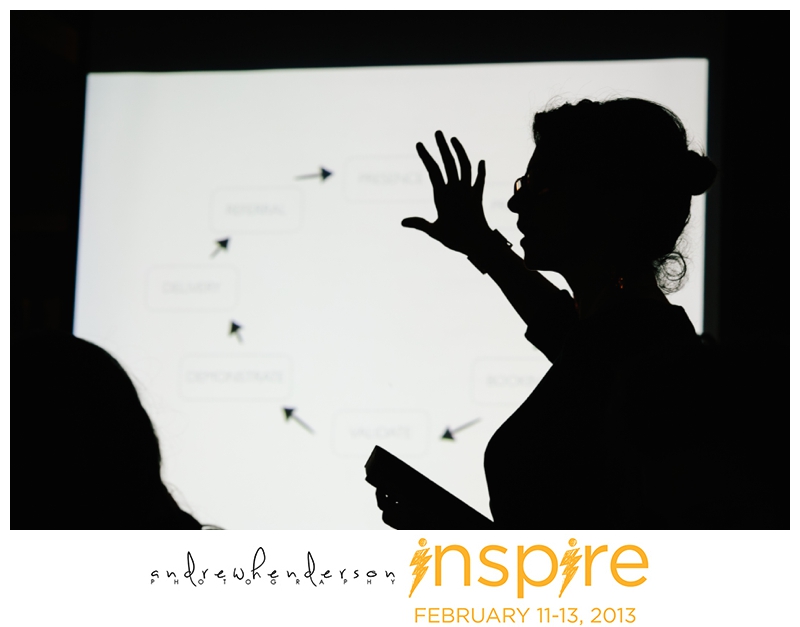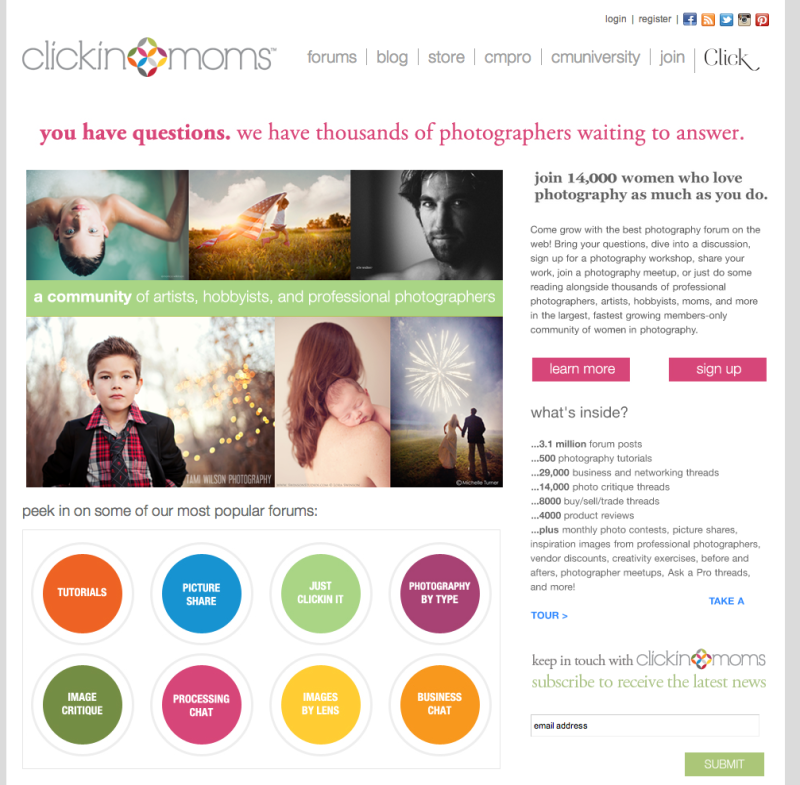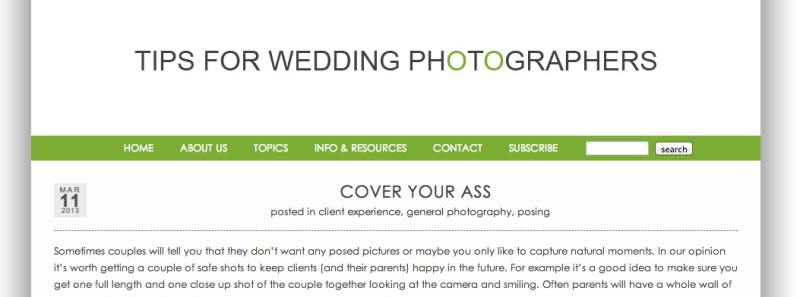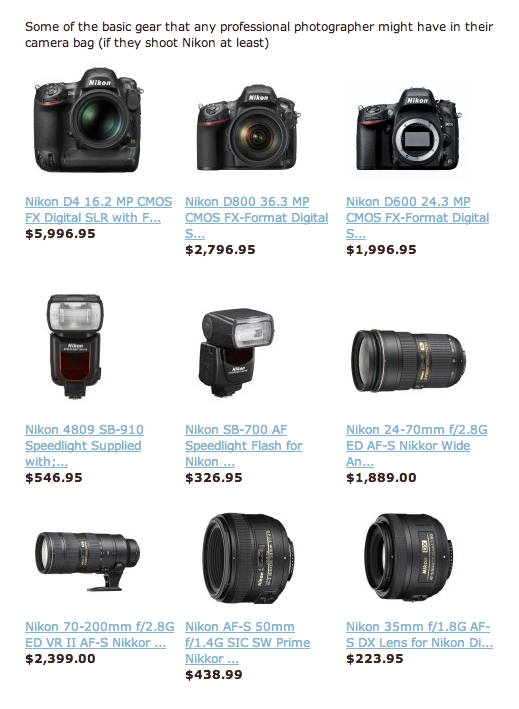So, you want to be a Wedding Photographer, huh? Do you really? I mean REALLY? Do you have any idea what you’re getting into?! I think the world of blogs and facebook and pinterest has left everyone thinking that the life of a wedding photographer is a all glamorous and fabulous. Well, it’s about to get really real up in here…
Being a Wedding Photographer is HARD! It’s a long hard road of spending a lot more money than you’d ever imagine on gear and computers and hard drives and software and taxes and health insurance and on and on. It’s often accompanied by debt and low pay and lots of stress. It’s a complete lack of security, and never really knowing what next year, or next month will really look like. It’s also about 4-8 hours of work at a computer PER HOUR OF SHOOTING for every wedding. It’s emails, and culling, and editing, and uploading, and meetings, and album design, and answering a million questions from brides and vendors and photographers and random strangers who want to know how to use their camera. And did I mention emails? There’s a lot of those. It’s also being your own IT department, your own bookkeeper, your own HR rep, and it averages about a hundred random decisions every day that YOU are responsible to make. And for all of that work, all of those responsibilities, the average wedding photographer will make less than they’d make working at Starbucks. Often a lot LESS.
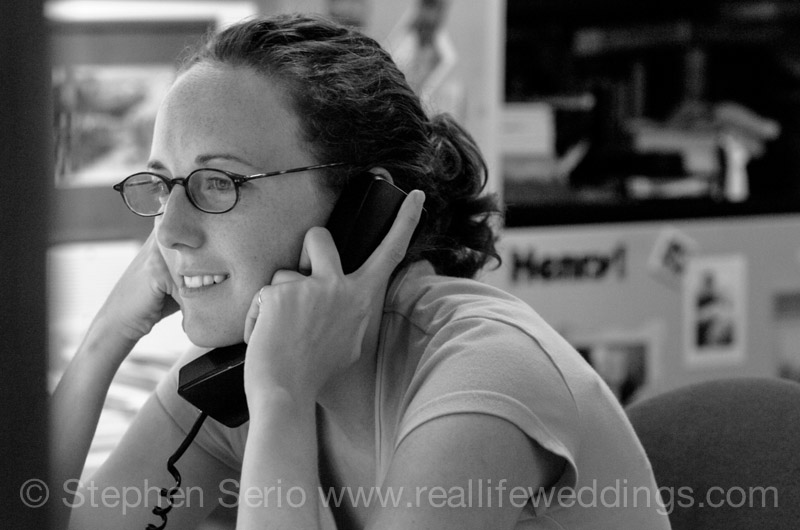
Don’t get me wrong, it’s also getting to be creative, and capturing beautiful moments at fun weddings with great people!! Those moments can sometimes occur in 95% humidity or 15 degree wind chill, involve shooting for 12 hours straight and never getting to go to the bathroom, standing on your feet with a back-breaking amount of gear strapped to your body for hours at a time, setting up family portraits – aka, herding cats, and handling the pressure of attempting to achieve perfection for your clients so the day they’re enjoying will always be remembered joyously. And while it is occasionally ditching work to go to the beach on a Wednesday – it’s more often working til midnight, and missing all sorts of fun things in the summer because you’re working every Saturday, and stressing out over the Christmas Season trying to get images ready for clients instead of “getting into the holiday spirit.” Photographers make a lot of sacrifices to do what we love!
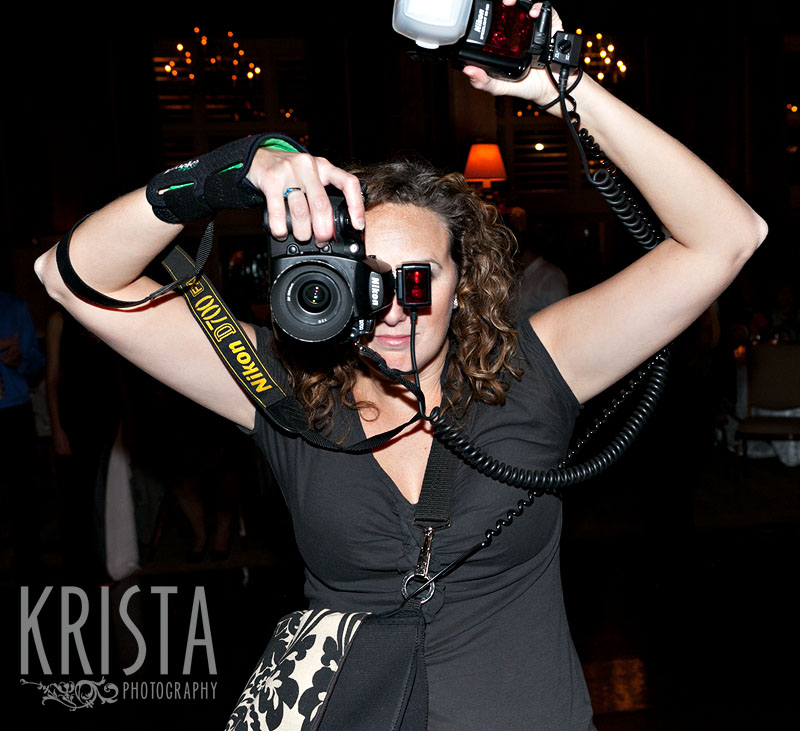
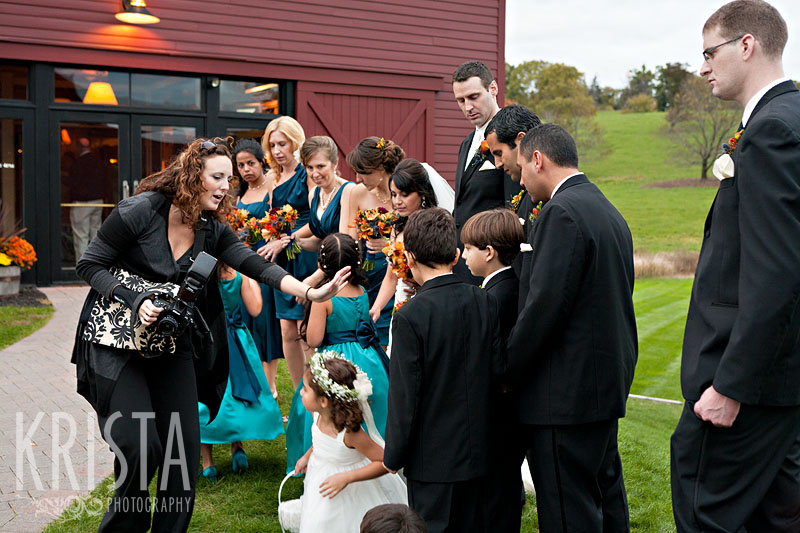
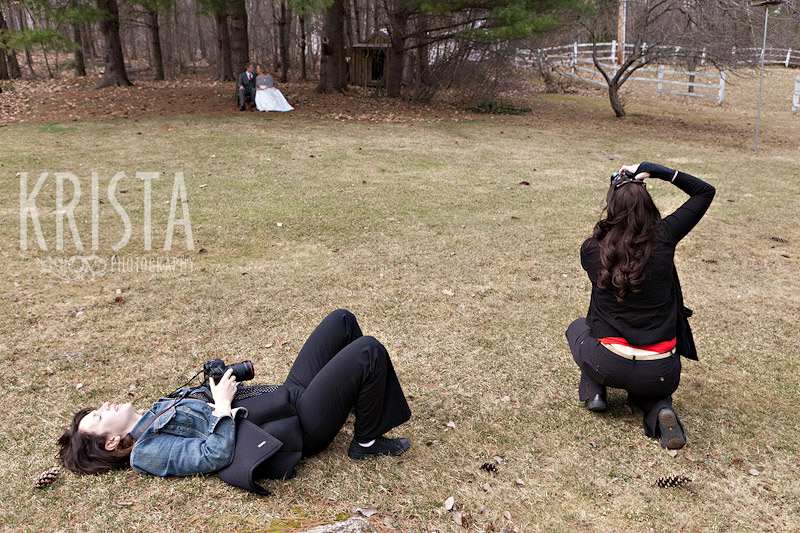
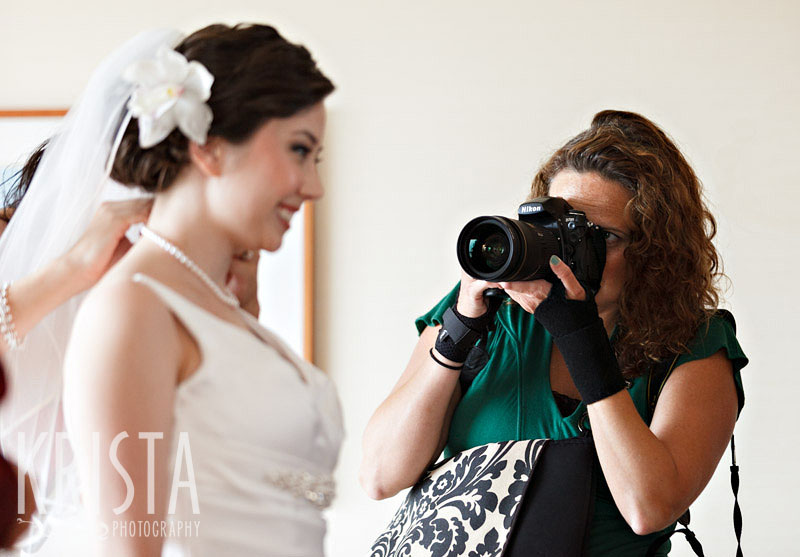
See, you have to really love this to want to do it more than, hmmm, let’s say a year. I mean LOVE IT. You have to LOVE the look on a bride’s face when she sees her soon-to-be-husband for the first time on their wedding day. You have to love wedding reception music, and the craziness of a jam-packed dance floor, and you sometimes have to love drunk people (they are kind of hilarious really). You have to love hearing 1 Corinthians 13 again and again, and Best Man toasts, and watching Father-Daughter Dances. You have to love getting to know people, and enjoy being a part of something so special to them. You have to love light, and see the potential for beauty everywhere. You have to LOVE putting a rectangular frame around these beautiful moments, and challenging yourself to make that rectangle something breath-taking. You need to love it, or you REALLY SHOULD NOT DO IT for a living!!
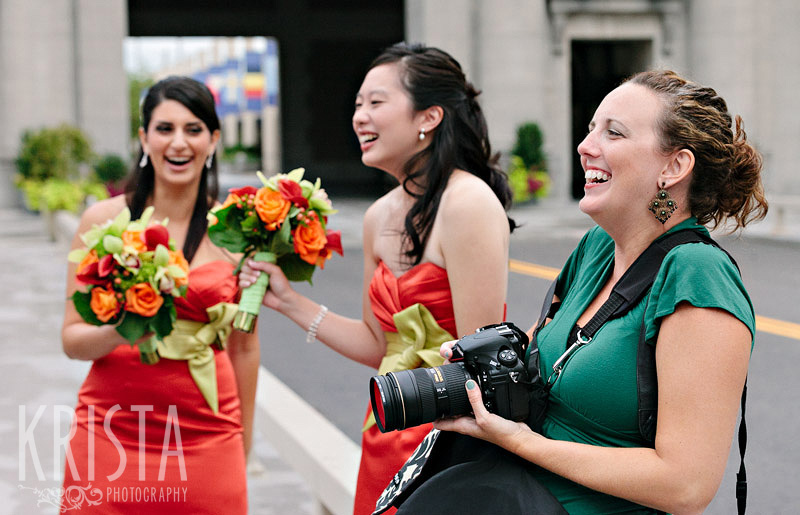
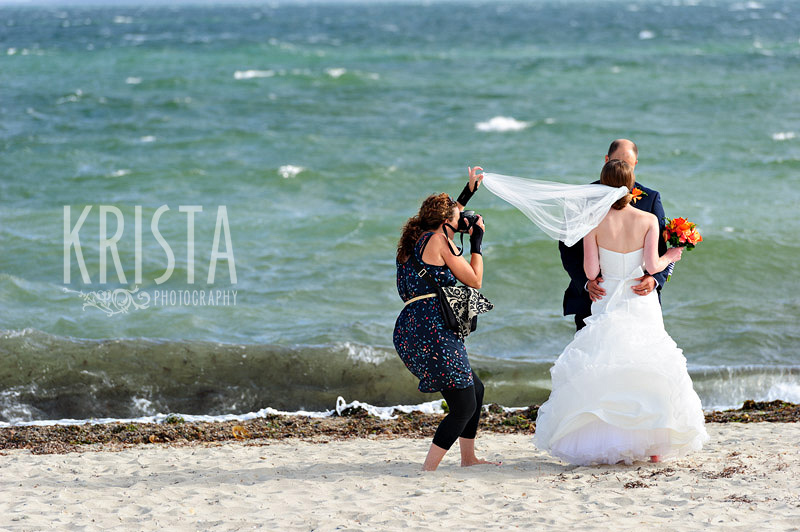
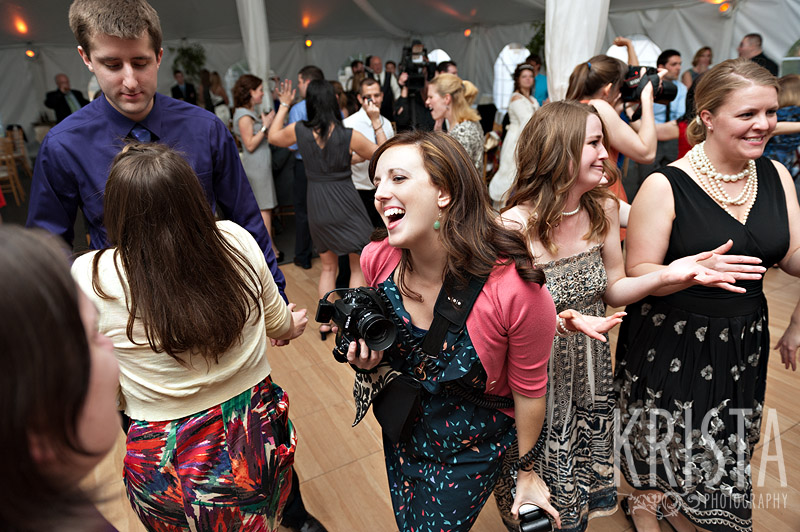
Every day, hundreds of people start up a Facebook Page and declare themselves to be “professional photographers.” But it takes more to be a Wedding Photographer than a prosumer DSLR and a Facebook Page. This way of doing things is kind of like installing a light in your house, and hanging up a shingle over your door declaring yourself an electrician. The thing is, it’s not true. It’s just not that easy. Occasionally, people will email me asking for advice because they want to get into Wedding Photography and they want to do it well. These people are a step ahead of the rest because they recognize that they don’t entirely know what they’re doing, yet. There’s a sense of humility that recognizes that what we do is difficult and important and there’s a lot to learn [and there is ALWAYS a lot to keep learning]. I got one of those emails last week and I thought I’d share a bit of my advice here and let as many people in on it as I can.
See, I think picking up a camera and agreeing to shoot someone’s wedding is a big deal. And if you don’t know what you’re doing – your putting those people’s memories at risk. [And those people are the ones taking the risk hiring you, but that’s a post for another time] Most people shoot their first wedding for a friend, or a friend of a friend – because really who else would trust you to do it? My old boss always used to say, “Friends don’t let friends shoot their weddings.” (Unless they’re an experienced pro). Shooting someone else’s wedding for the first time is very nerve-wracking. It’s a lot of pressure, and it should be, it’s their wedding and the photos are super important to them. Nothing will ruin a friendship faster than shooting a friend’s wedding when you’re not ready to do so, and doing a bad job or not delivering what they expected. You might do a good job, but most photographers’ first weddings aren’t anything to brag about (you’ll see mine if you keep reading ;). So, here are my suggestions for how to prepare yourself before you attempt to shoot your first wedding…
– INVEST IN AN EDUCATION –
Real World Experience. Going to school for photography isn’t an option for everyone, and isn’t always the best option for people. I didn’t go to school for photography! What I did and what I recommend most is to find a great photographer or a few great photographers to assist. Think of it like apprenticing – learning from real life experience can be the best education you can get! Offer up your “services” for free the first couple of times because really you’re going to be as much work for them as you’ll do for them. Offer to carry their gear and follow them around at a couple of weddings because you want to learn, and you recognize that you could learn a lot from them. Bring your own camera, but only shoot if/when they say it’s ok. And ask them if you could use the images you shoot for your website/fb page/blog. They will likely not let you (I wouldn’t), but that’s not the point. The point is to get experience and to see what it’s really like. No matter what you think it’s like, it’s different. It’s harder. And no matter how many weddings you’ve been to or been in, you can’t start seeing it like a Wedding Photographer until you’re standing in their shoes, or right next to them. Anticipating what’s coming, and knowing what’s important, and being technically ready to capture it all takes time. Let the first wedding you shoot be someone else’s responsibility. Be the one who get’s to shoot with all of the access and none of the fear/responsibility/consequences. I take a limited number of weddings each year, and Miss Amy is going to get to assist at most of mine this year so she can learn for herself what weddings are like! But there are a ton of great photographers out there – so find some who’s work you love and who you’d like to shoot like, and reach out to them! You never know until you try!
When I started, I KNEW I didn’t know anything. I’d never taken a single class, and though I had an SLR, I didn’t really know how to use it. I went looking for a photographer who would let me work for them and learn from them. My first job in photography was with Steven Gross at Real Life Weddings in Chicago. When I met with Steven the very first time – he flipped through my “portfolio” [read, book of terrible 8×10 prints blown up at the kiosk at CVS where you scan your 4x6s and make enlargements… sigh.] and said “well, clearly you don’t know anything, but you have a good eye.” Haha! I started working for Steven almost exactly 11 years ago. I swept floors, and cut film, and made espressos, and entered data, and all sorts of exciting things like that before he even took me to my first wedding. When he did, I only got to attend the reception, but he let me shoot as much as I wanted, and gave me all sorts of great tips throughout the night. Later he reviewed my film with me and gave me great feedback. I learned SO much from that one wedding! Though, to be fair, my 2nd and 3rd weddings I shot even worse than I had on my first. Like, I literally don’t have any images from them because there was nothing scan-worthy in the bunch. I have a few faves from my first wedding ever that I’m willing to share…. You ready for this?! Krista Guenin “wedding photographer” circa 2002:
nothing in this photo is in focus, yet it was in my portfolio the first couple of years…
again, not really in focus, but in my portfolio
Oh the cake was truly amazing… but my composition is boring!
Everyone’s favorite shot from my early portfolio… but now I’m wondering why I cropped off the stems of the glasses
um, OVEREXPOSE much? I clearly didn’t know how to use a flash yet.
Yep, out of focus (I’d say that’s the #1 problem with new photographers, with not knowing how to use a flash in the running as well)
This is actually my favorite photo from my early days as a wedding photographer. It’s still in my black & white film portfolio. This only proves that ANYONE can get ONE good shot from a wedding.
I think Real World Experience is a MUST if you want to shoot weddings. There is nothing that will prepare you quite like being there!
Classes & Workshops. Along with real world experience, there are all sorts of classes, seminars & workshops you can take that will be a big help in preparing you. Here are some Workshops & Courses I’d recommend in the Boston area:
Inspire Photo Retreats – I plan Inspire each year with a small group of friends, it’s awesome – definitely worth the investment & the 3 days off work (since you clearly won’t have quit your job yet to become a photographer if you haven’t even shot a wedding yet – we can talk more about that another time ;)
Kickstart Your Wedding Season – event coming up on April 24th in Boston put on by Photo Nights Boston with lots of great speakers!
Lighting Workshops with Doug Levy – this one’s on flash – HIGHLY recommend!
My girl Carla Ten Eyck is an awesome teacher!
Creative Live provides online courses on all sorts of subjects, often free if you’re watching live
CDIA in Waltham has a good program, as does NESOP in Boston
You can also come to monthly photographers’ gatherings right here in Woburn – the Boston PUG (Pictage User Group – but you don’t have to be a member of Pictage and they’re FREE!)
Also, READ all you can on the subject, educate yourself. Here are some great blogs/websites to get you started:
Tips for Wedding Photographers – written by my lovely friends Kate & Leah!
Strobist – all you ever wanted to know about flash and more
The Photo Life – great resource from the fabulous team at Pictage
Clickin Moms – not just for Moms ;)
Photo Love Cat – great resource from my friend Anne
– Invest in Professional Equipment –
You probably shouldn’t shoot a wedding with a digital rebel, or a Nikon D7000. I mean, you technically can, but if you’re getting paid like a pro you should be able to shoot like a pro. Invest in a great camera body (or rather TWO great camera bodies because not having back-up gear is another huge risk that could ruin someone’s wedding) and a couple of excellent lenses. A great camera body to start with would be the Nikon D600 or the D800 if you can swing it (heck if you’ve got enough dough, get the D4!). You also NEED a professional off-camera flash, and you need to know how to use it. A pop-up flash is going to result in pretty bad photos, and the bulk of most weddings happen indoors at night during the reception, so flash is a critical skill (see Doug Levy workshop above). I’ve put together a little list of some great Nikon options to start with here. It’s a real investment, make no mistake about it! But you can buy used gear (a D700 would be great!) from ebay and keh – especially for lenses.
After you get the camera equipment, you also will need memory cards to shoot everything on, get twice what you think you’ll need. You’ll need a fast computer to edit the images on, and the right software, not to mention the extra hard drives for storing and backing up all of your images. An iMac, Lightroom, Photoshop, and a Drobo might be a good start, and another huge investment.
– Work like a legitimate business –
– Contract – You also need to have a contract between you and the couple outlining your expectations for payment, what they will receive, what rights are being transferred & protected, and what the limitations are. Ideally, you’d have this contract reviewed by a lawyer. You can also buy templates online here or get a free one here.
– Communication – Before the wedding, be sure to go through the plan for the day with the clients and find out exactly what is important to them. When you’re not experienced, you don’t know what’s important to them (and sometimes even when you are experienced you can’t know it all!) – so find out. Find out what they’re going to be looking for when they see the proofs, and what they’re going to be devastated if they don’t see it, and then you better be sure to shoot it! Most brides don’t even realize what was important to them until after they don’t see it, but you’ll be off to a good start if you at least get what she asks for! In particular, you want a list of formal portrait combinations.
– Edit – Once you shoot, you’ll have way too many photos and many of them will be terrible (many of ours are still terrible – people blink and talk and move and you can’t nail the shot every time!). Go through the images and only keep the GREAT ones! A great software for culling images is PhotoMechanic. Then you’ll want to color correct the images so they look awesome – try using Lightroom, or you can outsource the color correction to a company like ShootDotEdit.
– Proofing – How are you going to show them the images when you’re finished editing? Are you going to only give them a DVD of the files, or a thumb drive? Or do you want to sell prints also? If you’d like to sell prints, find a proofing company like Pictage, SmugMug, or Zenfolio, etc.
– Sales Tax – If you accept money to shoot a wedding and provide the clients ANY tangible products, including a disc of images, they owe sales tax on the entire shoot (at least that’s the case in MA, and most other states). And it is your responsibility to collect it and give it to the government. My friend Kristen has an awesome site called Nifty Knowledge Rocks where she offers all sorts of guides for sales tax in all sorts of states.
My friend Joe offers business consulting specifically for photographers, so you can check him out here and he’ll be a huge help to you to get started on the right foot!
~~~~~~~~~~~~~~~~~~~~~~~~~~~~~~~~~~~~~~~~~~
Look, I started in weddings with NO experience and a totally crappy camera! But, this job is more important and more difficult than most people realize, in part because every hobbiest with a dslr puts up a facebook page and claims to be a photographer. It’s actually a lot more complicated than that. It’s an investment. It’s a risk. It’s a ton of work and a relatively big responsibility [I know we’re not curing cancer, or holding anyone’s lives in our hands – just their memories]. And it’s not for everyone who likes to take photos. Some people should just let it remain a hobby and enjoy it for the fun of it instead of trying to make a career out of it! The wedding photography industry needs more people to know that before they come into our field. New people have a real tendency to jump into it and end up doing a lot of damage to their clients, their friends, themselves, and our entire industry. I absolutely hate seeing that happen! I worked for 4 years for someone else, learning how to shoot weddings and run a business, and I am STILL constantly learning how to do it better. My suggestions are by no means the only way to do things, but these are the things I’ve learned through my own experiences. I’m a big fan of learning from other people’s mistakes and experiences as much as possible!
I would love to hear your thoughts and answer your questions if you have any! Leave a comment below and let me know what you think – but keep it friendly ;)

